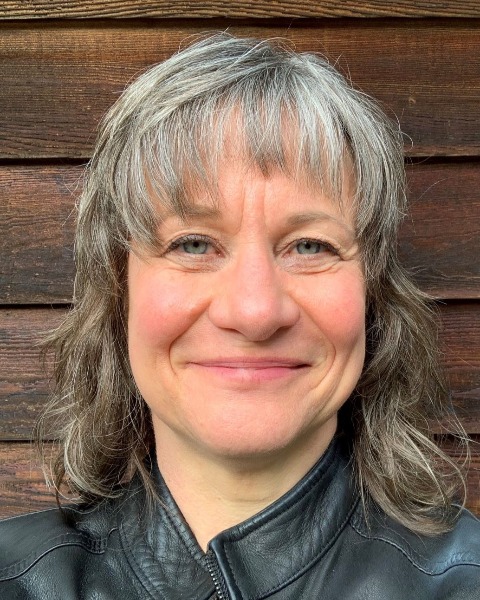Community engagement
Indigenous communities collaboration
Paper Session B4
Learning Together about Genetics: Insights from a Community-University Partnership
Monday, June 10, 2024
1:30 PM - 3:00 PM ET
Location: Hub 1

Susan Brown Trinidad, MA, PhD (she/her/hers)
Assistant Professor
University of Washington
Seattle, Washington, United States
Speaker(s)
One of the core principles of community-engaged research (CEnR) is that both community members and academic researchers have knowledge that can play a role in advancing human health. The moral warrant underlying CEnR is grounded in respect and reciprocity, recognizing that communities ought to be more than mere “subjects” in health research. Rather, they are, and should be treated as, agentic entities with a right to determine what research may be done in their communities, by whom, and in what ways. The issues of co-learning and onto-epistemic difference have received less attention in the bioethics literature.
This presentation will share insights from meetings held in southwest Alaska between Yup’ik community members (n=15) and university-based researchers (n=9) between 2010 – 2016. The collaboration centered around two projects: (1) a pharmacogenetics study and (2) a bioethics study aimed at determining how best to share non-actionable genetic research findings with participants and communities. Meetings were audio recorded and transcribed. Analysis entailed a combination of thematic and discourse approaches.
Participants expressed different understandings of how research relates to other kinds of learning and knowledge generation; sought language and analogies that could be used to relate complex concepts across cultures; and explored cultural differences in concepts of relatedness and heritability. Onto-epistemic negotiation was a persistent feature of these conversations, including ideas about what can or should be known by human beings; the role and importance of stories in teaching, learning, and understanding; ideas about relationality and connectedness; and conceptualizations of uncertainty, risk, and the future.
Author: Susan Brown Trinidad, University of Washington
This presentation will share insights from meetings held in southwest Alaska between Yup’ik community members (n=15) and university-based researchers (n=9) between 2010 – 2016. The collaboration centered around two projects: (1) a pharmacogenetics study and (2) a bioethics study aimed at determining how best to share non-actionable genetic research findings with participants and communities. Meetings were audio recorded and transcribed. Analysis entailed a combination of thematic and discourse approaches.
Participants expressed different understandings of how research relates to other kinds of learning and knowledge generation; sought language and analogies that could be used to relate complex concepts across cultures; and explored cultural differences in concepts of relatedness and heritability. Onto-epistemic negotiation was a persistent feature of these conversations, including ideas about what can or should be known by human beings; the role and importance of stories in teaching, learning, and understanding; ideas about relationality and connectedness; and conceptualizations of uncertainty, risk, and the future.
Author: Susan Brown Trinidad, University of Washington